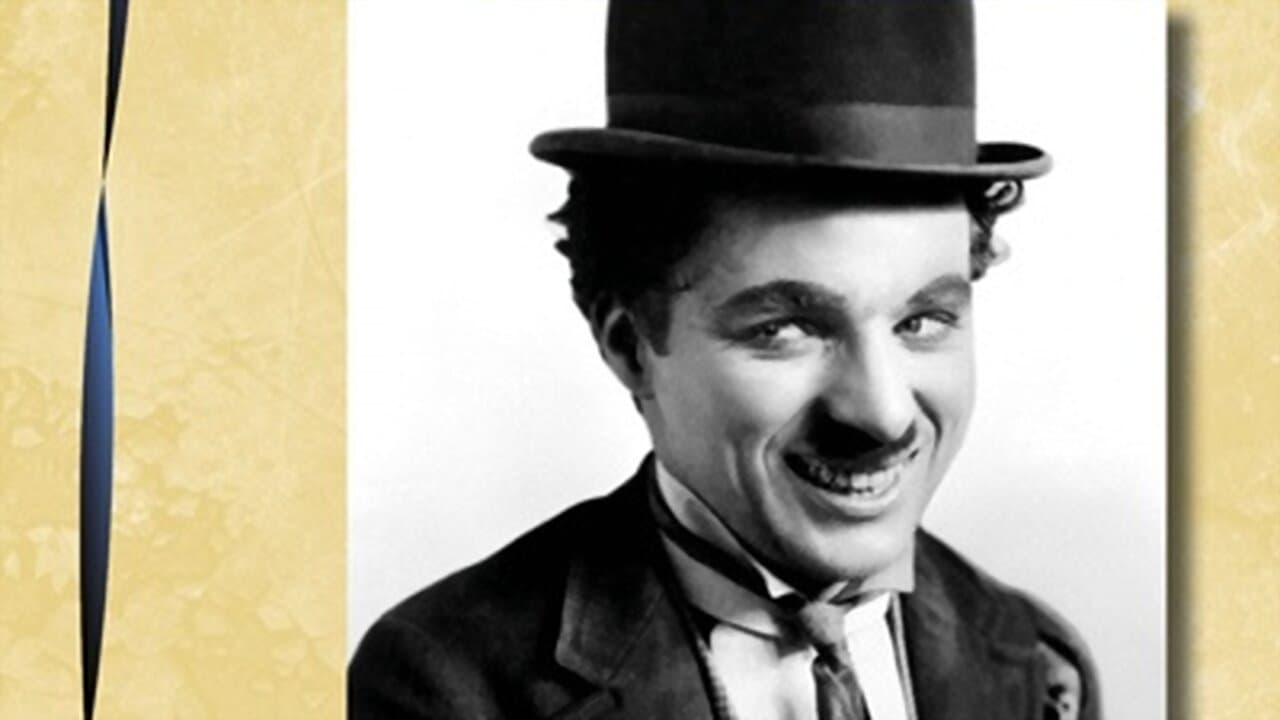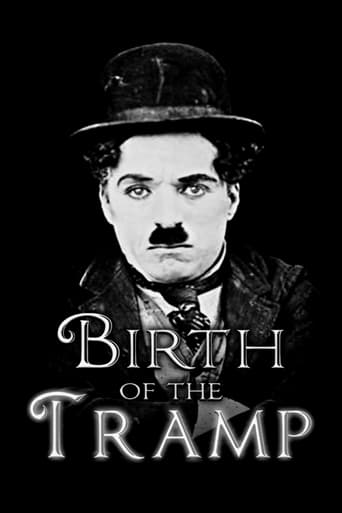

I think this short documentary is of value to fans of Chaplin and silent movies in general. The focus of the film is rather narrow roughly covering the years 1910 to 1917 with a bit of history from his birth in 1889 to early adulthood. I never realized what a troubled youth Chaplin experienced with an alcoholic father and a mother who was eventually committed to an asylum. The film holds to the story of how Chaplin became a performer when his mother, who was a singer for a time, called him on stage from the wings of a theater she was appearing in when she suddenly lost her voice. He was five years old at the time and wound up singing a couple of songs to the delight of the crowd who tossed coins on stage in appreciation. That was the beginning for Chaplin in London where he was born.As a young man, Chaplin came to the attention of promoter Fred Karno who made him part of his troupe, eventually sponsoring him to America in 1910. Along for that ride was another talented comedian named Stanley Jefferson who became Chaplin's roommate in New York City. I think most of you would know him better by the name of Stan Laurel.Another cool thing I learned watching this film was that in the early days of vaudeville, the customer base consisted of lower class people. The scent of disinfectant in theaters was heavy in order to mask body odor and to control insects! As a refuge for poor folks seeking entertainment, middle and upper class citizens maintained their distance, something I would never have thought about if it wasn't explained here. Very interesting.The narrative follows Chaplin through his early contract with Keystone Films and Mack Sennett, eventually moving on to the Essanay Studio (a takeoff on 'S' and 'A', the initials of founders Charles Spoor and Bronco Billy Anderson). Hard to believe that Chaplin was offered twelve hundred fifty dollars a week and a ten thousand dollar signing bonus along with creative control over fourteen films with Essanay! But that was only the start. With the origin of The Tramp character in his second movie, "Mabel's Strange Predicament", Chaplin moved on to the Mutual Film Corporation when his Essanay obligation was fulfilled. Their offer was for ten thousand dollars a week with a one hundred fifty thousand dollar signing bonus! Those numbers seem unimaginable today. In his autobiography, Chaplin states that his happiest productive years as a writer, director and actor were the ones he spent with Mutual.Because Chaplin didn't produce his earliest films, he had no way of maintaining quality control of the product, so those that survived had various quality issues. With restoration however, many of those films have been brought back to much of their original glory. One of the great benefits of catching this short documentary is seeing so many of the players who had movie roles in those early years, including such greats as Mary Pickford and Douglas Fairbanks. Stan and Ollie show up too!
... View MoreThe Birth of the Tramp (2013) *** (out of 4)Peter Hudson narrates this documentary that takes a look at Charles Chaplin's career before his Tramp character and how he became a legend when he created the homeless treasure. Kate Guyonvarch, David Robinson and film historian Kevin Brownlow are on hand to discuss what Chaplin was doing in the early part of his career and how The Tramp was born. There have been countless documentaries on the life and career of Chaplin so one must keep that in mind when they view this. THE BIRTH OF THE TRAMP isn't nearly as great as something like UNKNOWN CHAPLIN but fans of the comic legend will certainly want to watch this since it gives a lot of detail in the actor's career before The Tramp and certainly before his later day films. It gives a lot of detail to Chaplin's early work and we get to hear about how his popularity rose over time and how he would eventually become a legend.The documentary is certainly well-made and there's no question that Robinson and Brownlow are among the most knowledgeable people so getting to hear from them is always great.
... View MoreWhile I don't think this show about Chaplin is among the very best on the man (I'd probably say "Unknown Chaplin" might just be that), it is very good and a nice discussion of the early stage and film career of Charlie Chaplin. It focuses quite a bit on his early poverty and tough childhood as well as his career in short films. It stops with his years with Mutual Studio--ending around the time of the First World War. I think the biggest reason I only scored the show a 7 was because it was just too short. At 52 minutes, it's only a glimpse into Chaplin and leaves a lot unsaid. A decent biography and examination of his career and filmmaking could be a mini-series all by itself! So, for the advanced Chaplin fan, it's just not enough but for the casual viewer it's well worth seeing. As for me, I liked it because they often showed Kevin Brownlow and got his impressions of Chaplin. Brownlow is a genius when it comes to the lives of many of the silent film stars and has made the best documentaries on these folks-- including Chaplin.
... View More